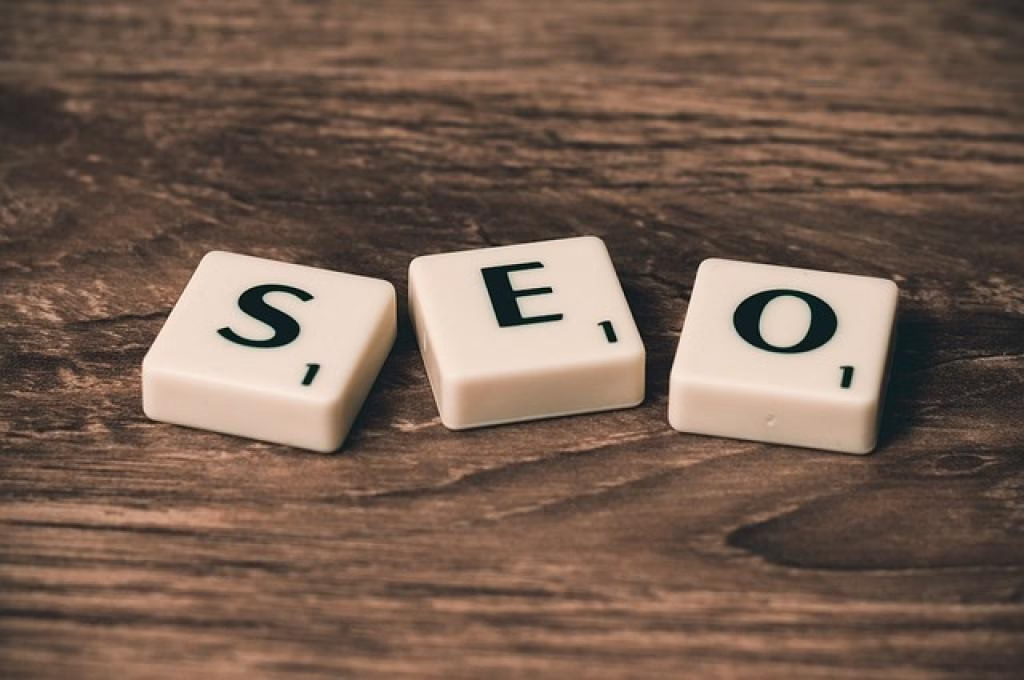In today’s fast-paced digital age, the marketing landscape is evolving at lightning speed. Gone are the days of intuition-driven campaigns and singular tactics. Now, businesses are harnessing the power of Artificial Intelligence (AI) to craft more precise, personalized, and powerful marketing strategies.
By integrating AI into marketing, companies can analyze vast amounts of data in real time, predicting consumer behavior with unmatched accuracy. This synergy not only streamlines operations but also ensures that every customer interaction is meaningful and impactful.
Imagine a future where campaigns adapt on the fly, messaging is finely tuned to individual preferences, and customer engagement reaches new heights. This is not science fiction; it’s the promise of AI-driven marketing strategies. As more businesses embrace these technological advancements, those who fail to innovate risk being left behind.
Join us as we delve into how AI and marketing integration are transforming the industry, giving companies a cutting-edge advantage in the bustling marketplace.
Understanding AI-Powered Marketing Automation
AI-powered marketing automation is revolutionizing how brands connect with their audiences. By leveraging sophisticated algorithms, businesses can automate tasks that were once time-consuming and labor-intensive.
This automation goes beyond simple task delegation. It allows for dynamic content creation, personalized customer journeys, and precise targeting, all driven by data insights. AI can assess countless variables, tailoring interactions based on consumer behavior, preferences, and real-time feedback.
Imagine sending the right message, to the right person, at the perfect moment, automatically. This level of precision was unimaginable with traditional methods but is now a reality, thanks to AI.
Automated marketing tools also optimize lead scoring, enhancing the sales funnel by identifying prospects most likely to convert. This means sales teams can focus their efforts where they matter most, improving overall efficiency.
Not only that, but, AI-powered analytics deliver actionable insights, helping marketers refine strategies and boost ROI. By continuously learning and adapting, these tools ensure businesses stay ahead of the curve in an ever-evolving marketplace.
In essence, AI-powered marketing automation empowers brands to build stronger relationships with their customers, fostering loyalty and driving growth like never before.
Enhancing Customer Engagement Through AI Data Analysis
Harnessing AI for data analysis opens new horizons in customer engagement. It unveils patterns and insights that were previously hidden, enabling brands to connect with their audiences on a deeper level.
AI analyzes customer interactions across channels, predicting needs and preferences with pinpoint precision. This means businesses can proactively tailor their approaches, creating experiences that resonate personally with each consumer.
Tailoring Experiences and Offers
By understanding customer behavior, AI helps brands deliver customized offers and recommendations. This personalization fosters a sense of connection and relevance, encouraging consumers to engage more with a brand’s offerings.
And with that in mind, AI-driven analysis streamlines feedback, capturing sentiment and satisfaction in real time. By reacting promptly to insights, brands can address issues before they escalate, ensuring a positive customer experience.
Engagement doesn’t stop post-purchase. AI enables ongoing interaction through dynamic content and timely updates, keeping the conversation alive and encouraging loyalty. This continuous engagement helps nurture long-term relationships.
As AI continues to evolve, it promises even more sophisticated tools for understanding and engaging customers, transforming data into a powerful ally in the journey to enhanced customer satisfaction and business success.
Maximizing ROI with AI-Driven Personalized Marketing
AI-driven personalized marketing is key to maximizing ROI, transforming how businesses reach and influence their audience. This approach tailors marketing efforts to individual consumer preferences, enhancing engagement and conversion rates.
By utilizing AI’s ability to process large datasets, marketers can identify the optimal timing, channels, and messaging for each customer. This precision ensures that marketing budgets are spent effectively, targeting only the most promising leads.
Precision Targeting and Efficiency
The power of AI lies in its efficiency. It narrows the focus to strategies that work, continuously analyzing and adjusting efforts to optimize returns. Automated A/B testing and predictive analytics further enhance this process, refining campaigns to achieve the best outcomes.
Furthermore, personalized marketing strengthens customer relationships, fostering brand loyalty and repeat business. When a consumer feels understood and valued, they’re more likely to return and recommend, driving organic growth.
Ultimately, AI-driven personalization is a game-changer in marketing, offering businesses a competitive edge. By delivering relevant and timely content, companies can not only increase immediate sales but also build a loyal customer base, ensuring sustained growth and profitability.

Implementing Seamless Marketing Integration Strategies
To fully leverage AI’s potential, businesses need to implement seamless marketing integration strategies. This involves creating an interconnected system where data flows freely across various platforms, ensuring consistency and coherence in messaging.
Unified platforms allow teams to collaborate effectively, simplifying data sharing and communication. When marketing, sales, and customer service align, they create a harmonious ecosystem that enhances the customer journey.
Facilitating Better Collaboration
Integration also means synchronizing online and offline efforts. AI can bridge this gap by ensuring that all customer touchpoints are consistent, from digital ads to in-store promotions. This consistent presence builds trust and reinforces brand identity.
Another crucial aspect is choosing the right tools and software that support integration. It’s about finding solutions that not only store and analyze data but also integrate seamlessly with existing systems to streamline processes.
Finally, regular assessment of strategy performance helps in adapting and refining integration efforts. Continuous improvement is vital to maintaining a seamless operation, ensuring brands remain agile and responsive to market changes.
By implementing these strategies, businesses can deliver a consistent, personalized experience that enhances customer satisfaction, ultimately leading to higher conversion rates and sustained growth.
Driving Future Growth: AI Trends in Modern Marketing
As we look toward the future, AI continues to shape the landscape of modern marketing with emerging trends that promise to drive growth. The ability to anticipate and adapt to these trends will be a key asset for any business.
AI-driven voice and visual search capabilities are becoming increasingly important. Consumers are using voice assistants and search by image more frequently, and AI is enhancing these technologies to deliver more accurate and relevant results.
Embracing Predictive Analytics
Predictive analytics is another significant trend, allowing marketers to forecast trends based on existing data. This foresight enables proactive strategy adjustments, keeping brands ahead of the curve and in tune with consumer demands.
Customer journey mapping facilitated by AI is also evolving. By analyzing the entire customer lifecycle, businesses can refine touchpoints and interactions, ensuring a seamless and engaging experience.
In addition, ethical AI usage is gaining traction, focusing on transparency and data privacy. With growing consumer awareness, businesses that prioritize ethical AI practices will build stronger, trust-based relationships.
By embracing these trends, businesses can not only enhance their marketing strategies but also drive sustainable growth, staying competitive in an increasingly AI-dominated marketplace.
The Bottom Line: Embracing the Power of AI in Marketing Revolution
As we’ve explored, AI is not just a tool but a vital force driving the evolution of marketing strategies. By integrating AI across marketing platforms, businesses have the chance to transform their customer interactions, making them more personal, relevant, and impactful.
With AI-powered automation, companies can enhance efficiency and focus their energy on innovation rather than routine tasks. This shift enables marketers to craft sophisticated campaigns that resonate with consumers on a personal level, fostering loyalty and increasing conversion rates.
Furthermore, through data analysis, businesses gain invaluable insights into customer behavior and market trends. This knowledge empowers them to anticipate changes, adapt strategies promptly, and seize new opportunities for growth.
Nevertheless, the journey to fully embrace AI comes with challenges. It requires a commitment to continual learning and adaptation, ensuring that technologies align with overarching business goals. Transparency and ethical considerations must also be prioritized to build trust with consumers and maintain brand integrity.
Ultimately, AI is not a fleeting trend. It’s reshaping the marketing landscape, offering businesses who embrace its potential a competitive edge in a rapidly evolving market. By committing to this technological revolution, companies can unlock new levels of creativity, efficiency, and success.
As we look toward the future, it’s clear that those who harness the power of AI today will be the trailblazers of tomorrow’s marketing innovations.















